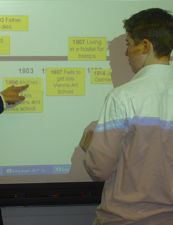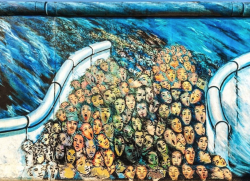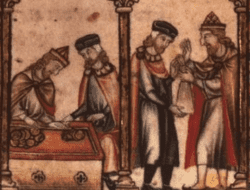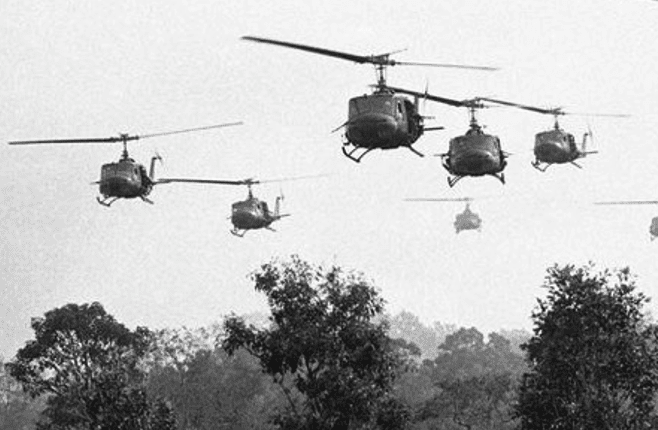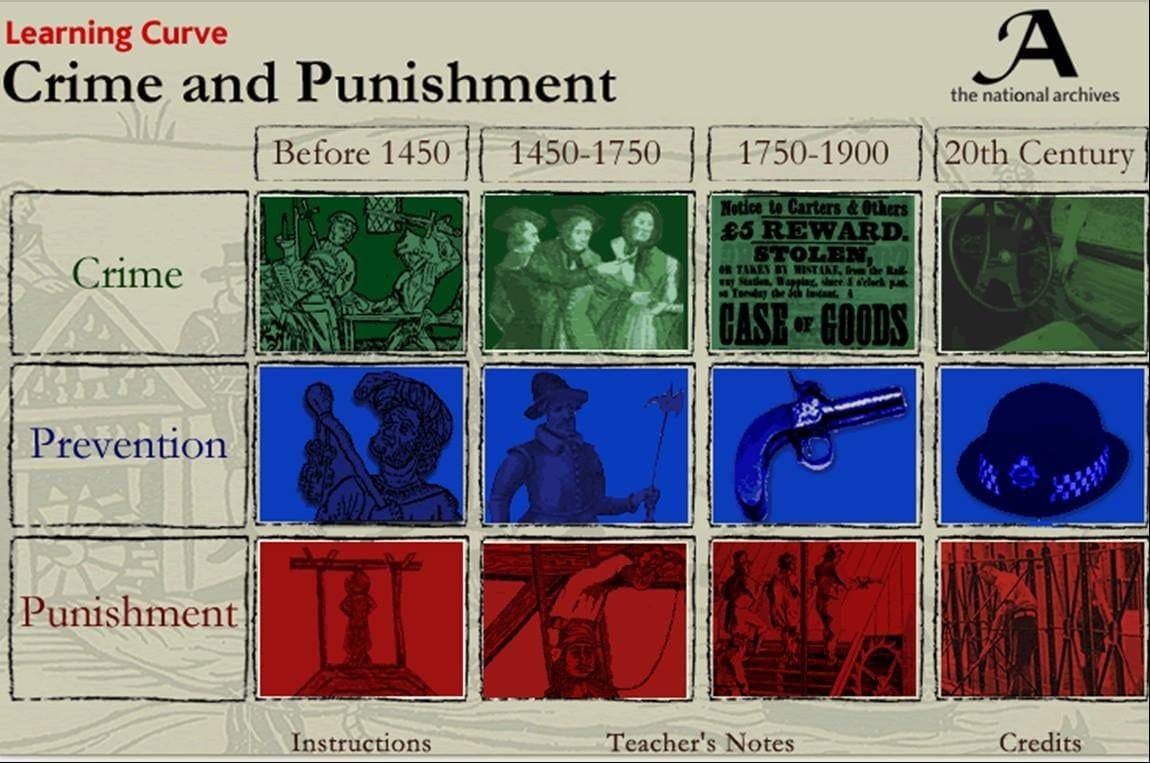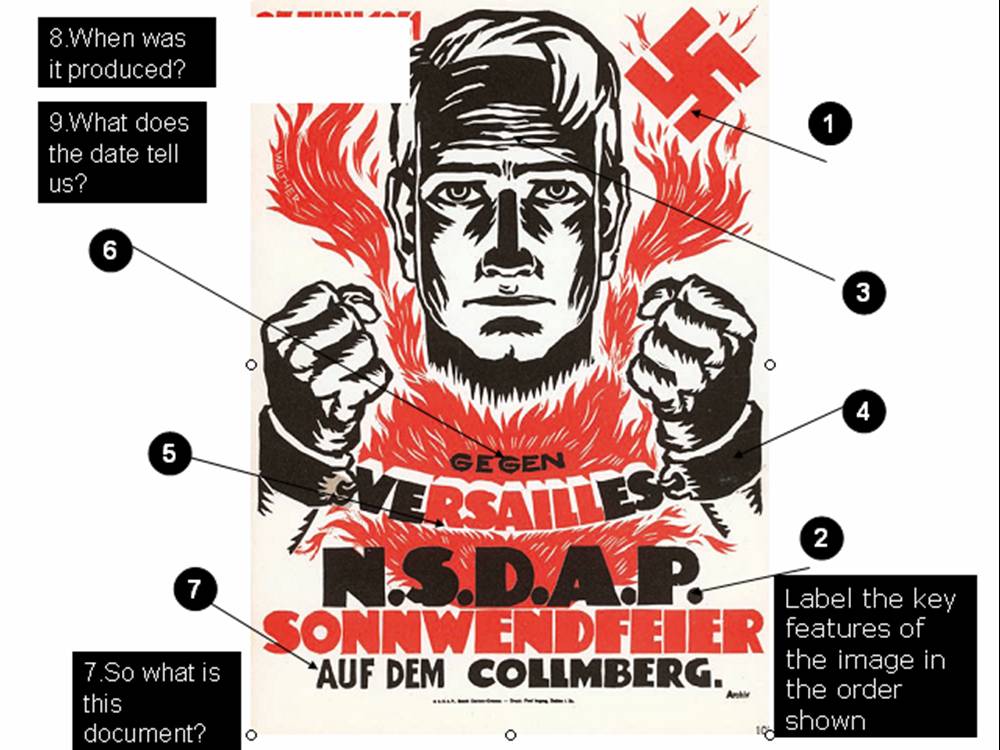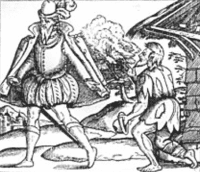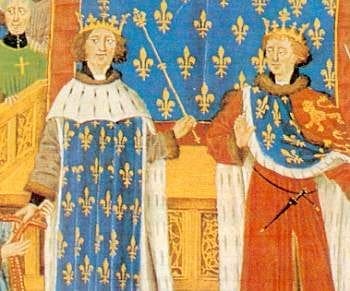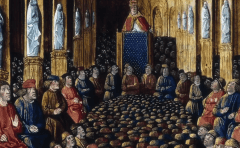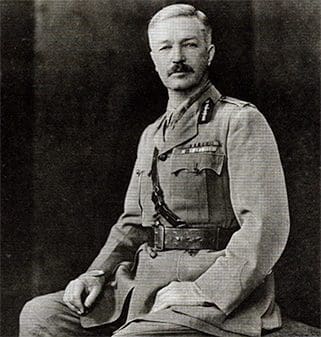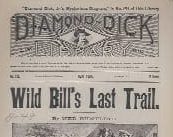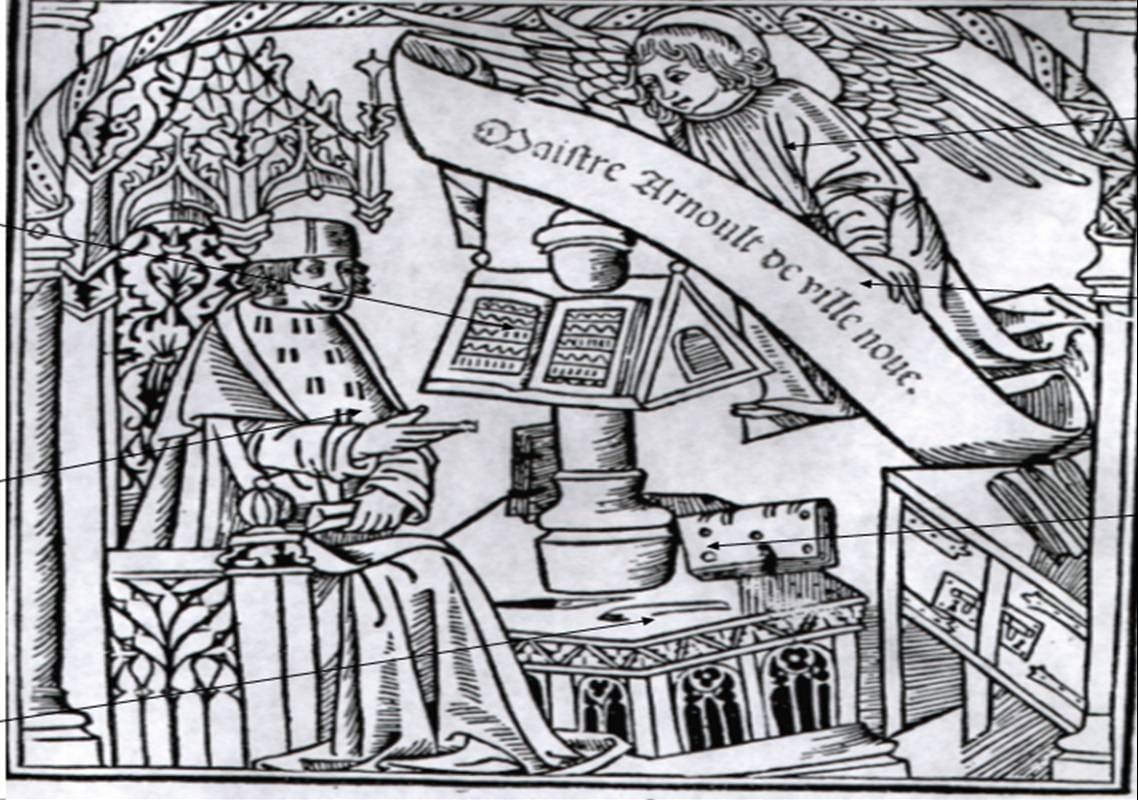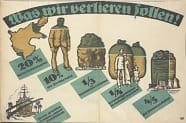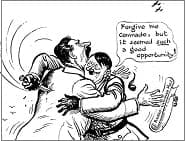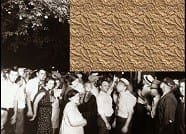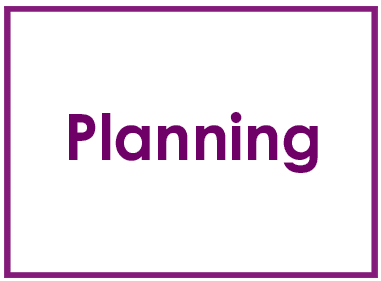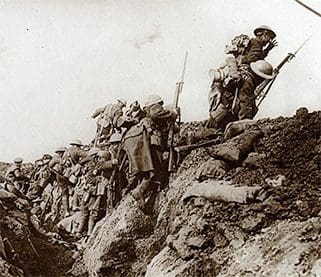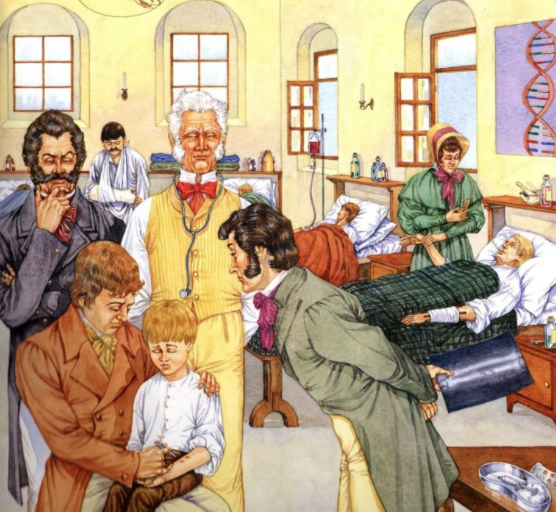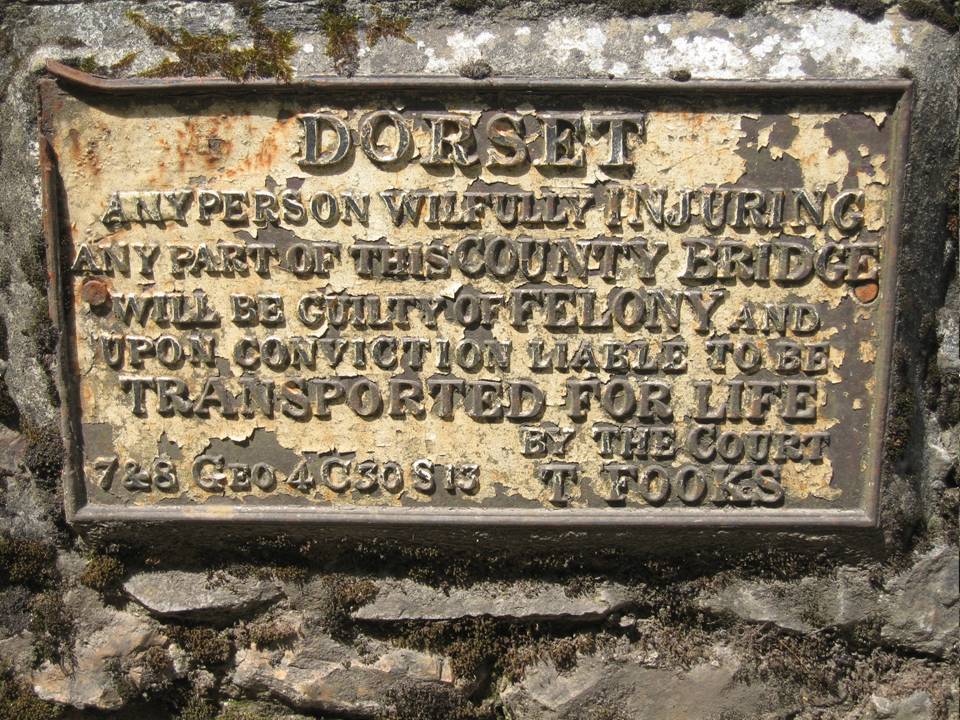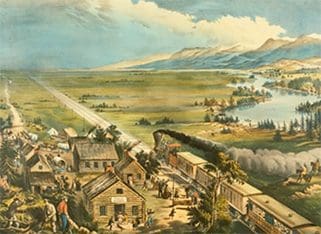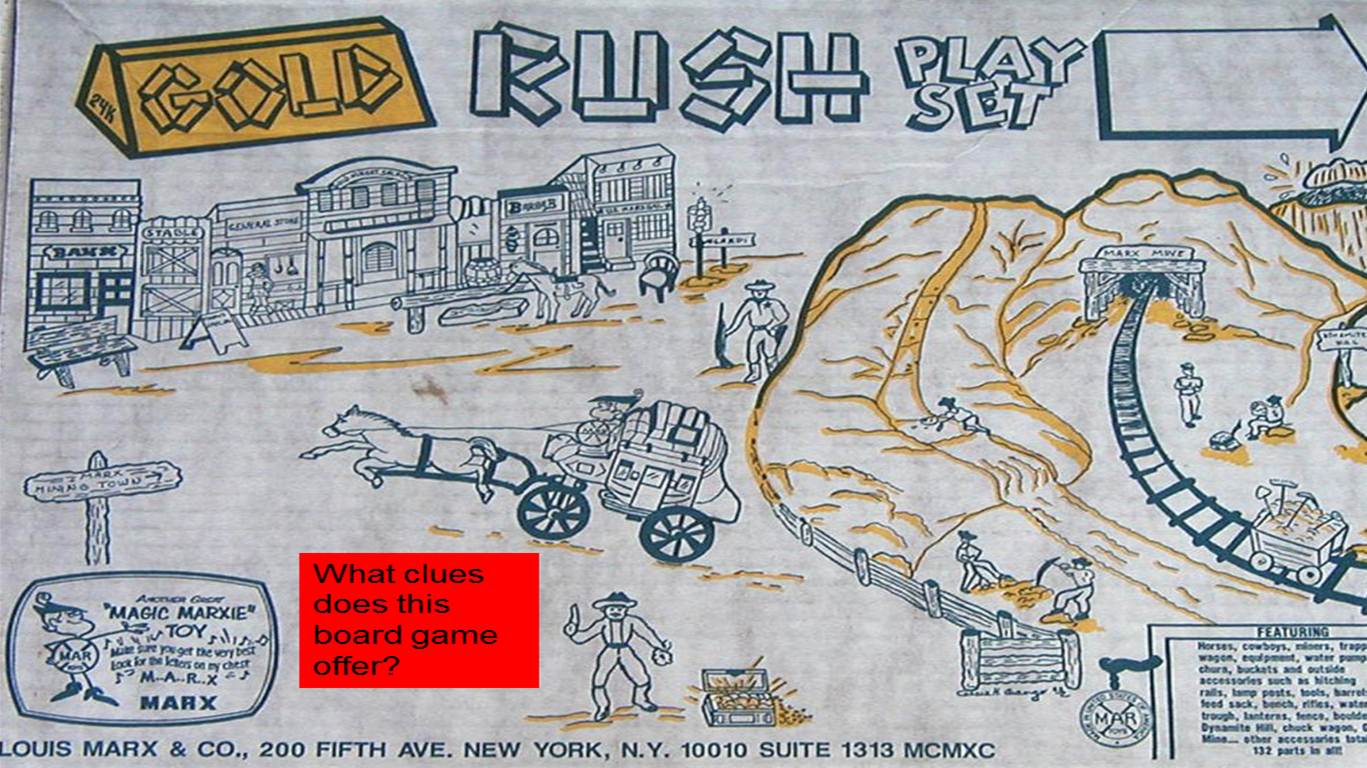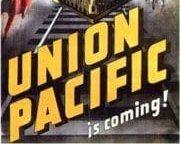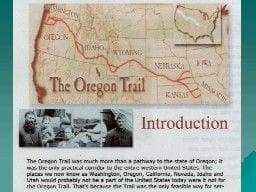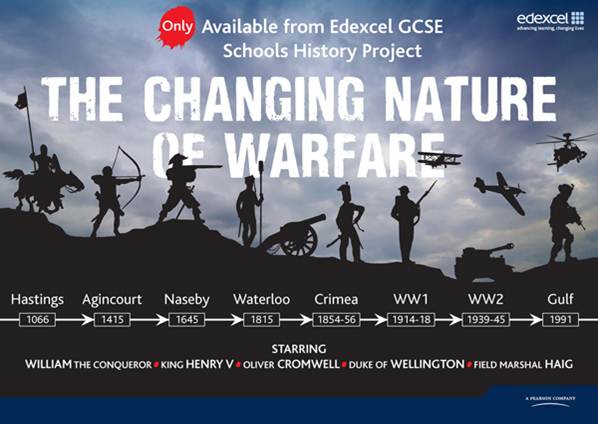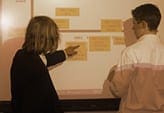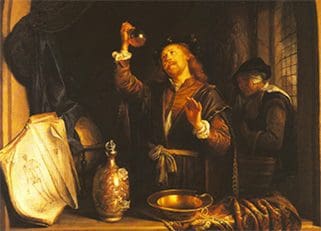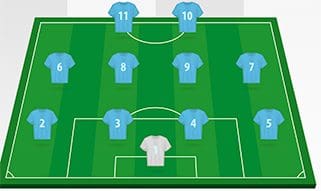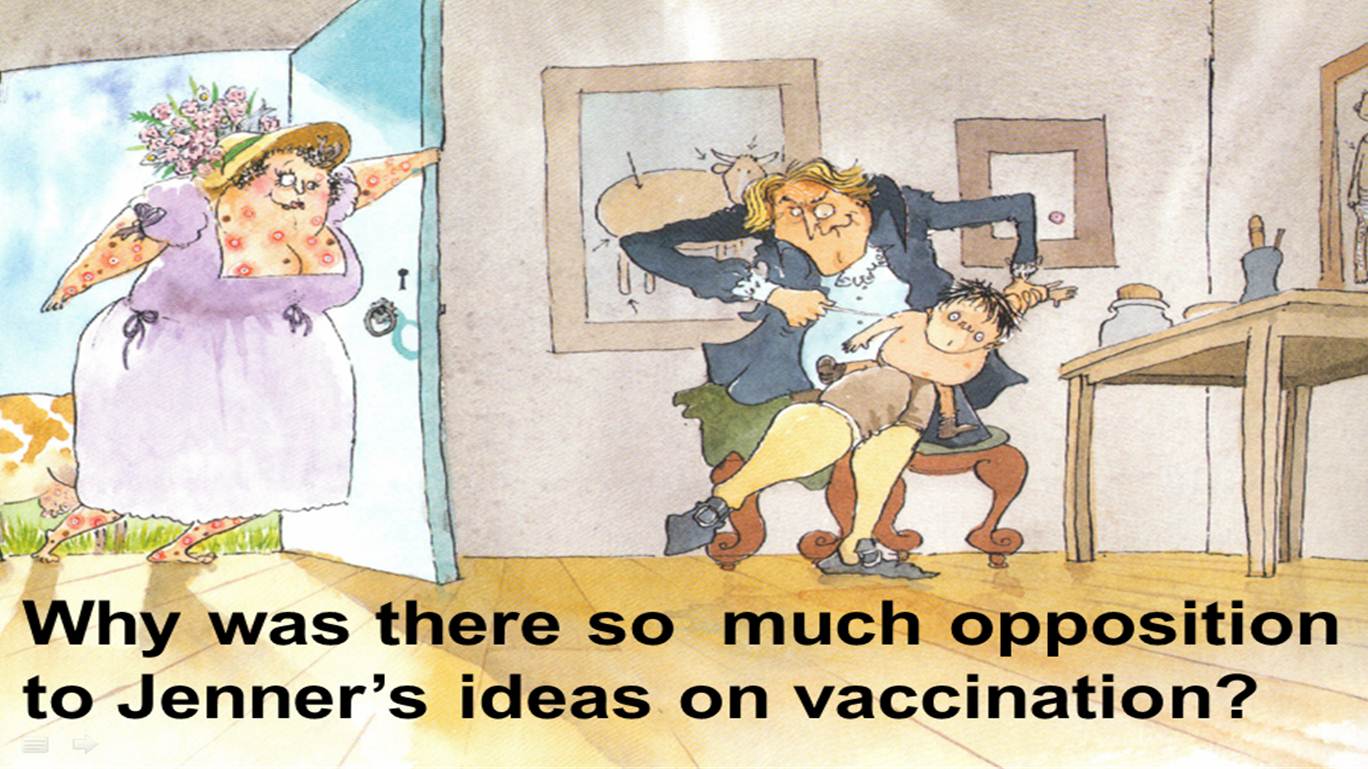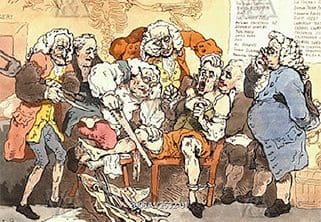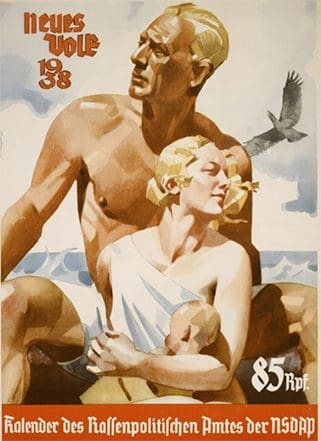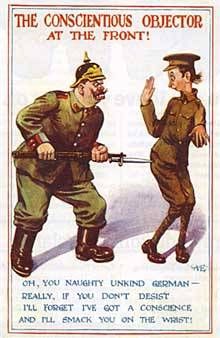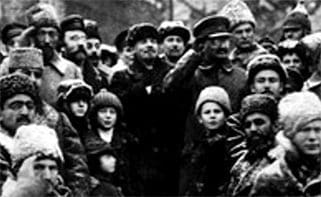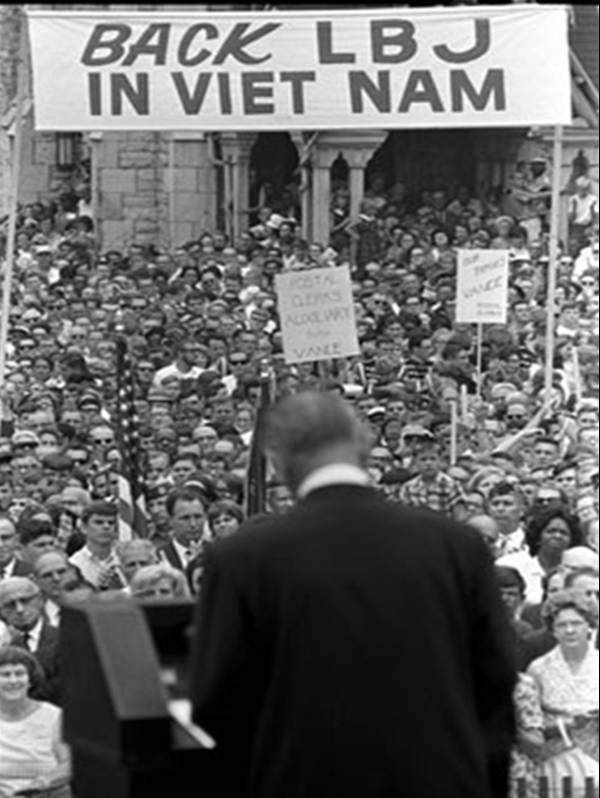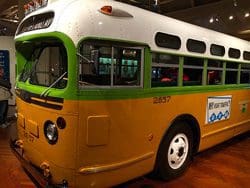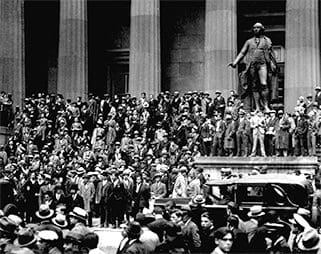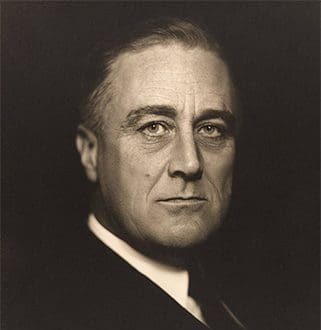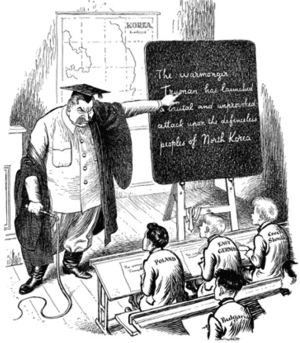Key stage 4 history
8 retrieval tasks that really work in history
This list is by no means exhaustive nor is it linked to just one key stage. You can think of…
Read More10 most important things a secondary history subject leader should always be doing…yes, always
No contrived acronym here or implied order of priority just making sure you do the right things as well as…
Read MoreAdapting Keystage history lessons – FAQs
1. Why are lessons still called ‘outstanding’? I am often asked how the lessons section of the site should be…
Read MoreHow can we explain the incredible margin of victory at the referendum for Anchluss in 1938?
How can we explain the incredible margin of victory at the referendum for Anchluss in 1938? Subscribers only: You…
Read MoreBerlin Wall – If relations between the superpowers were improving in the late 50s, why was the Berlin wall built in 1961? A Bone in the throat
This multi-faceted session starts with students having to shape their understanding of the reasons for the building of the Berlin…
Read MoreMigration – If England was the safest place in Europe for Jews to live in Henry II’s reign, why then did Edward I expel them just 100 years later?
By posing this enquiry question in a slightly paradoxical way, students are encouraged to go deeper in the explanation than…
Read MoreVietnam War – Why did Johnson really escalate the war in Vietnam?
If Johnson claimed that he wanted peace when he became president, why did he escalate the war in Vietnam and…
Read MoreTeaching GCSE thematically: 10 approaches that really work
Now that all schools have to teach a thematic study I thought I’d share my experience of observing hundreds of…
Read MoreTeaching Crime and Punishment
I am sure you all know of the excellent websites out there to help you, but I would particularly recommend the Durham…
Read MoreNew evidence of Anglo-Saxon mutilations as punishment
Ninth-century England was a bad place to be a criminal, new findings suggest. The skull of an Anglo-Saxon teenager discovered…
Read MoreTeaching Germany 1919-45
Hodder produce some of the best GCSE books on Germany whether for the Modern World and for the SHP Depth…
Read MoreEvaluating websites in history at KS3-5: 3 pieces of top advice
Students are too trusting of what they read on the Internet. Most striking, they implicitly trust Google to verify sources…
Read MoreTerror of the Tramp: Why did vagrancy become such an important issue in Elizabethan England?
GCSE lesson in which students work through a range of differentiated clues to work out 8 reasons which help answer…
Read MoreRichard I: Lionheart or loser should we keep his statue – SMART TASK
This short task puts pupils in the role of spin doctors who have to ‘big up’ the reputation of Richard…
Read MoreMedieval Britain: The Crusades
Great lesson on the reasons for the First Crusade which uses a Zone of Relevance activity to show students how…
Read MoreRotten apple or …. How should we portray Dyer’s motivation in the Amritsar massacre?
This enquiry asks students to look critically at the depiction of the massacre in the film Gandhi as a way…
Read MoreTeaching American West at Key Stage 4
Schools have been teaching the American West as part of the SHP course for over 30 years. I introduced it…
Read MoreTeaching the History of Medicine
As you all know, the trick with teaching this course is to marry a strong contextual knowledge with an understanding…
Read MoreHow should Germany be treated at the Paris peace conference? KS3 or KS4 task
This short but engaging task precedes any detailed analysis of the terms of the treaty itself. It has four distinct…
Read More‘100’ great teaching ideas for teaching history at KS4
This section offers a veritable treasure trove of imaginative tried-and-tested ideas which will be a source of inspiration for you…
Which cartoon best explains the paradox of the Nazi Soviet pact?
The Unholy Alliance: why on earth did Hitler and Stalin sign the Nazi-Soviet Pact when they clearly hated each other?…
Lynching in the US in the 20th century 1919-54
Crammed into this very active lesson are: slow reveal of an arresting image; interesting information about the role of the…
Read MoreGCSE History: Guide to planning and teaching Edexcel 9-1 GCSE
Lots of thinking has taken place to decide the best way to structure the new Edexcel 9-1 GCSE history course. The…
Read MoreCauses of World War One: problems of evidence. Why is it so difficult to work out who caused the First World War? Smart Task
This is a very short 5 minute warm-up activity to help students get a feel for the partisan sources that…
Read MoreFun anachronism-spotting activity set in 1796, for GCSE History of Medicine
Most anachronism activities used in schools are the rather naff ones put before Y7 pupils in an introduction to What…
Read MoreTransportation; what questions can we raise and answer from the statistics?
This is the first of two lessons on transportation and owes its genesis to an idea from Richard McFahn when…
Read MoreSMART TASK: A history puzzle – Opening up of the Western frontier by the railroads. A history mystery
This history puzzle focuses on a well-known painting, Across the Continent, but one which is actually more puzzling than might at…
Read MoreSMART TASK: Why were mining towns such lawless places?
This is a very straightforward, yet highly effective task which asks students to distinguish between the generic and the specific,…
Read MoreThe likely impact of the Railroad: time for de Bono’s thinking hats and some creative products
Students are taken back to the year 1860 before there was a transcontinental railway. They are asked to speculate about…
Read MoreWas the life of a cowboy really so adventurous?
This lesson draws heavily on the ideas of Sarah Herrity, Advanced Skills Teacher, Wyvern Technology College, near Winchester. It moves…
Read MoreWho went west and why?
This lesson worked really well with lower attaining Y10 students who had already studied the Plains Indians and the contact between…
Read MoreTeaching GCSE History: Changing Warfare (Edexcel)
This SHP option, offered by Edexcel only, builds on the success of the A2 paper for which colleges such as…
Read MoreTeaching GCSE History: Media Through Time
Your best place to start is undoubtedly the AQA scheme of work which offers learning foci for each of the three strands….
Read MoreSMART TASK: History of medicine Renaissance physicians; Is the artist taking the piss?
In this short activity students are shown two contrasting images of a physician inspecting a patient’s urine. Students have to…
Read MoreSMART TASK: Medieval medicine. What can we work out from the picture?
A smart task based on an original idea from Lorna Hunter, of Swanmore Technology College. This deceptively simple example of…
Read MoreSMART TASK Revision: name your best squad
To help students remember who the key individuals were in the history of medicine, you might like to present them…
Read MoreSMART TASK: Why was there so much opposition to Jenner’s ideas on vaccination in the 19th century?
This is a short, fun SMART task. All the instructions are on the PowerPoint presentation. Start with slide 2 which…
Read MoreSMART TASK Key Stage 4: GCSE SHP Medicine: 18th century surgery
This quick activity asks students to explore the detail in Rowlandson’s cartoon called ‘Amputation’. They score one mark for each…
Read MoreSMART TASK: Was the Weimar Republic doomed from the start? A glass half empty?
The lesson starts with a glass of water which you have filled to roughly half way. Students have to say…
Read MoreSMART TASK: How successful was Nazi policy towards women and families?
This short task was designed to combat the tendency many students have to simply describe rather than evaluate the policy. …
Read MoreSMART TASK: 10 features of the Cold War but can you spot them?
Students often learn about the Cold War in chronological order. This activity offers them an opportunity to explore 10 aspects…
Read MoreIdeas for teaching GCSE history Britain 1890-1918 using ICT
For suggestions for 20 top ICT activities using a wide range of data and applications click here to download PDF file. Resources…
Read MoreSMART TASK: Now you see it, now you don’t. A fun starter showing how Lenin and Stalin used the ‘airbrush’
Fascinating starter in which students have to spot and then explain the differences between three pairs of photos of Soviet…
Read MoreSmart Task: How popular was the Vietnam war? What can we learn from just two photographs?
This simple starter uses just two contrasting photographs, one showing the popularity of Johnson’s policy towards Vietnam, the other opposition…
Read MoreSMART TASKS: Why did the US get involved in the Vietnam War?
Three separate short activities help students produce a top grade answer to the question. Task I – brainstorming early ideas…
Read MoreSMART TASK: How significant was the Montgomery Bus Boycott in the history of Civil Rights?
Quick ranking activity for GCSE/AS students Students are asked to consider the relative significance of 11 possible arguments that have…
Read MoreSMART TASK: Causes of the Wall Street Crash
Students are given a set of influence cards which help them to work out the answer to an apparent paradox….
Read MoreHoover’s rubbish: Roosevelt moves in
This lesson on a fairly familiar theme approaches GCSE cartoon analysis in a different way. Instead of showing the students…
Read MoreSMART TASK Key Stage 4: Stalin and the Korean War: can you interpret the cartoon?
This Smart task uses a Punch cartoon as part of a lesson on the Korean War. It carefully steers students…
Read MoreSMART TASK: Why did Communism end when it did in Eastern Europe?
Prior to writing an answer to this question students will need to organise their thinking. These factor cards might help….
Read More
